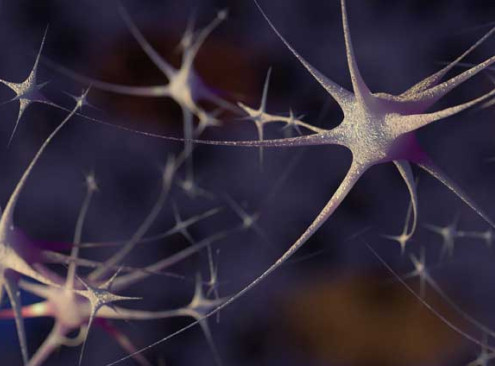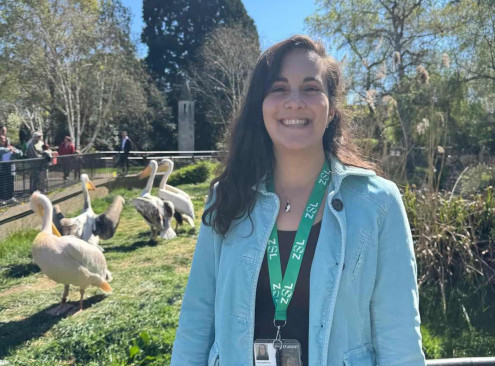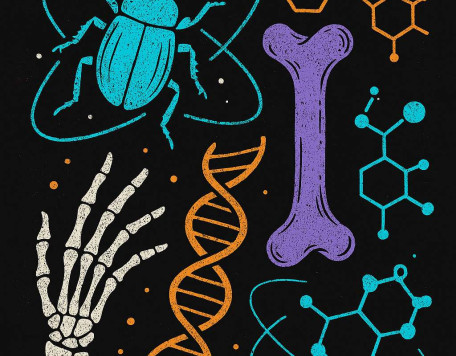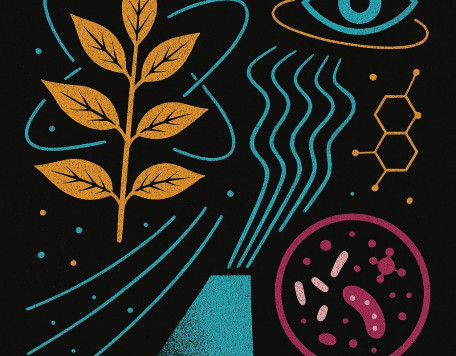© Pint of Science, 2025. All rights reserved.
Is it really the end? Or can we relearn, rewild, and rebuild what's been lost? Join us this evening to explore the unexpected ways the brain adapts in adulthood, and discover how the extinction of our largest freshwater bird could guide us toward a more sustainable existence with our environment.
Investigating neuroplasticity through bilingual experience
Dr Alex Sheehan
(Postdoctoral Research Fellow)
“In adult centres the nerve paths are something fixed, ended, immutable. Everything may die, nothing may be regenerated.” – Santiago Ramón Y Cajal (discoverer of the neuron; 1913 in Degeneration & Regeneration of the Nervous System, pt. II-IV-VII)
It used to be believed that neuroplasticity was only possible during childhood; when the brain is at its most malleable, absorbing every piece of input and experience which comes its way. Adulthood was considered the stopping point, where the brain reaches its final state and becomes “fixed, ended, immutable”. In the decades since these claims were made, neuroscientists have found extensive evidence of neuroplasticity in the adult brain as the result of cognitively challenging experiences. Bi-/multilingualism represents a cognitively challenging experience which, unlike most other experiences, individuals cannot ‘switch off’ or disengage from; once you’re bilingual, you stay bilingual. But what does this mean for the brain, and why is multiple language use such a useful tool for researchers of neuroplasticity? This talk will address the origins of neuroplasticity, the utility of bilingual experience as a tool to understand it, and what the future of this research could look like.
It used to be believed that neuroplasticity was only possible during childhood; when the brain is at its most malleable, absorbing every piece of input and experience which comes its way. Adulthood was considered the stopping point, where the brain reaches its final state and becomes “fixed, ended, immutable”. In the decades since these claims were made, neuroscientists have found extensive evidence of neuroplasticity in the adult brain as the result of cognitively challenging experiences. Bi-/multilingualism represents a cognitively challenging experience which, unlike most other experiences, individuals cannot ‘switch off’ or disengage from; once you’re bilingual, you stay bilingual. But what does this mean for the brain, and why is multiple language use such a useful tool for researchers of neuroplasticity? This talk will address the origins of neuroplasticity, the utility of bilingual experience as a tool to understand it, and what the future of this research could look like.

Could pelicans return to England?
Lucia Snyderman
(Phd Researcher)
I research the regional extinction of Dalmatian pelicans in England to support species conservation and a possible reintroduction to rewild wetland ecosystems. Once the world’s largest freshwater bird, they likely disappeared due to wetland drainage, human hunting, and climate change. By analysing their bones from archaeological sites, I find clues about their former diet, habitat use, and interactions with humans. My work blends palaeontology, archaeology, and conservation biology to understand how environments have changed—and build a future where humans and wildlife coexist (and pelicans fly once again in our skies).

Map data © OpenStreetMap contributors.
Other Park House events
2025-05-19
Bugs, Bones and Conservation Goals
Park House
Whiteknights Campus, University of Reading, Reading, RG6 6UA, United Kingdom
2025-05-20
Botany, Beams, and Things Unseen
Park House
Whiteknights Campus, University of Reading, Reading, RG6 6UA, United Kingdom



